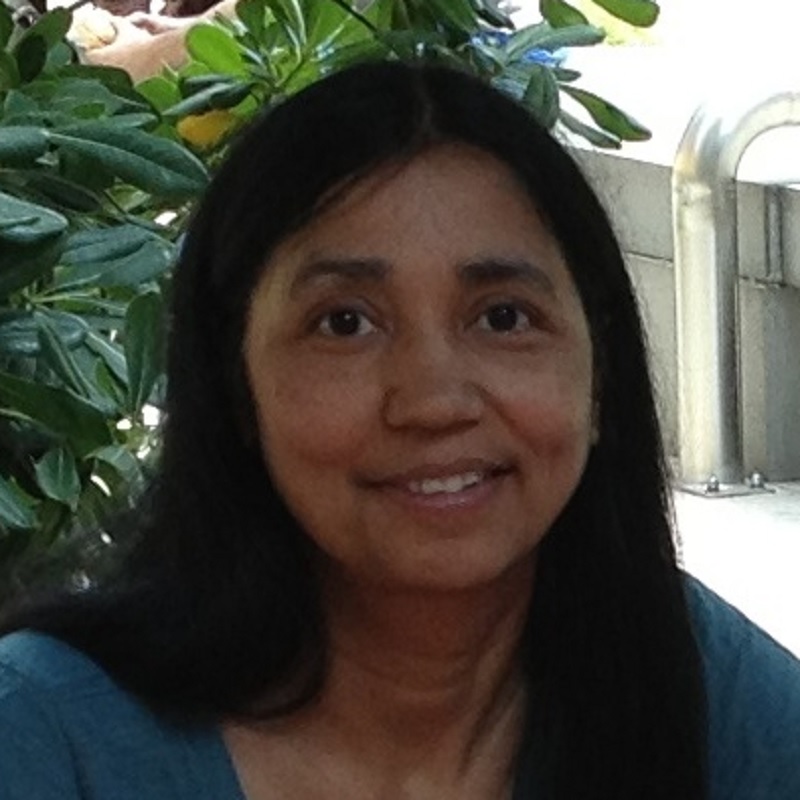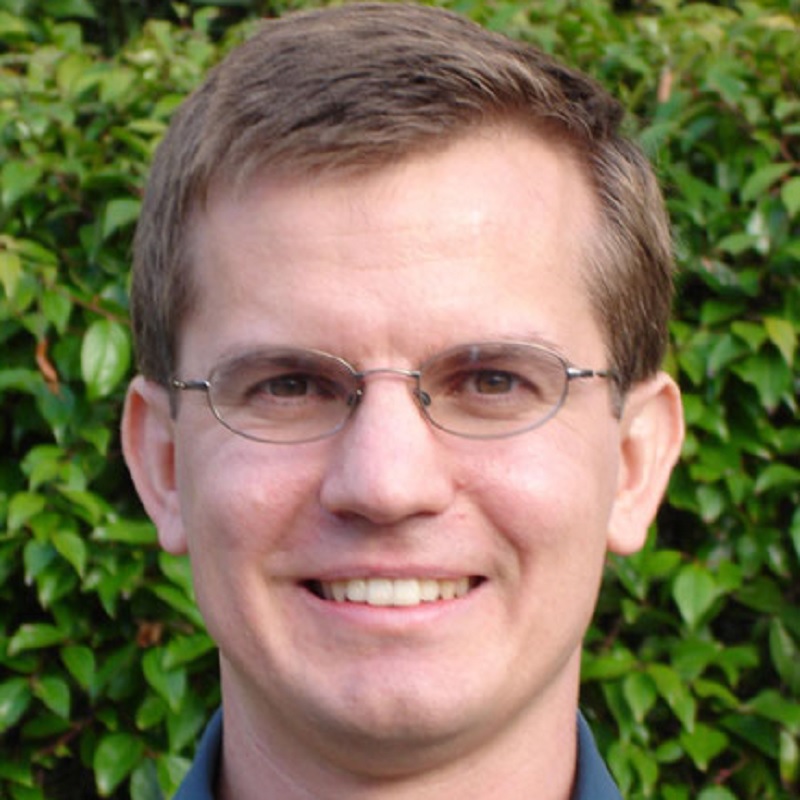Keynote Speakers

Colin Collins
Colin Collins is a Senior Research Scientist at the Vancouver Prostate Centre and a Director of The Laboratory for Advanced Genome Analysis (LAGA). His current research is best described as translational genomics where mathematics, genomics, computer science, and clinical science converge in diagnostics and therapeutics. His past work as a member of the UCSF Prostate SPORE has resulted in identification of a suite of DNA based biomarkers that show promise for predicting a patient’s risk of progression and metastasis. He also invented and patented End Sequence Profiling (ESP) the forerunner of modern paired-end sequencing. ESP as a technique has helped determining the physical structure, complexity, and mutation load of tumor genomes and directly detecting fusion genes and transcripts. He has also worked on integrating array-based technologies and next generation sequencing technologies to radically cut costs and make very large-scale tumor genome projects and personalized oncology a reality. He holds multiple patents, and has received numerous awards including the California Cancer Research Programs Cornelius L. Hopper Scientific Achievement Award for Innovation.

Joe W. Gray
Dr. Joe W. Gray, a physicist and an engineer by training, is a Professor and Gordon Moore Endowed Chair, Biomedical Engineering Department, the Director, Center for Spatial Systems Biomedicine, and the Associate Director for Biophysical Oncology, Knight Cancer Institute at the Oregon Health & Science University. He is also Emeritus Professor, University of California San Francisco; and Senior Scientist, Lawrence Berkeley National Laboratory. He is Principal Investigator of the National Cancer Institute /Integrative Cancer Biology Program (ICBP) Center for Cancer Systems Biology (CCSB) aimed at understanding and modeling of RTK signaling, PI of a project to contribute to further development of the NIH Library of Integrated Network-based cellular signatures (LINCS) by developing a dataset and computational strategy to elucidate how microenvironmental signals affect cell intrinsic intracellular transcriptional- and protein-defined molecular networks to generate experimentally durable therapies for patients, PI of a Brenden Colson Center for Pancreatic Health that provides support for a broad-based, team approach to finding causes, early detection and improvement of clinical care for pancreatic diseases including pancreatitis and pancreatic cancer, and PI of a Susan G. Komen project to identify the mechanisms by which ERBB2+ breast cancer cells escape inhibition by ERRB2-targeted therapies. Dr. Gray's work is described in over 400 publications and in 73 US patents. He is a Fellow of the American Association for the Advancement of Science and the American Institute for Medical and Biological Engineering, an elected a member of the Institute of Medicine of the National Academy of Sciences, a member of the National Institutes of Health, Frederick Advisory Committee to the Director of the National Cancer Institute, a Fellow of the American Association of Cancer Research Academy, and US Councilor on the Board of the Radiation Effects Research Foundation (RERF), Hiroshima, Japan.

Laxmi Parida
Dr. Laxmi Parida is a Distinguished Research Scientist and heads the Computational Genomics at the IBM Thomas J. Watson Research Center, USA. She is a visiting professor at the Courant Institute of Mathematical Sciences, New York. She is the currently leading the science teams in the personalized cancer medicine system “Watson for Genomics” and the "Sequence the Food Supply Chain Consortium" across multiple IBM labs in different geographies. Over the last 10 years, she also led the IBM Science team in the Cacao Consortium (with MARS, USDA) and the Genographic Project with National Geographic. Her research areas include population genomics, cancer genomics, plant genomics, bioinformatics algorithms and topological data analysis. She has published over 150 peer-reviewed research papers; edited 5 volumes and authored a monograph on pattern discovery in bioinformatics. She holds over 35 US patents. She is on the advisory board of NYU Engineering School and editorial board of BMC Bioinformatics, Journal of Computational Biology and an Associate Editor, IEEE/ACM Transactions on Computational Biology and Bioinformatics and SIAM Journal of Discrete Mathematics.

Ben Raphael
Ben Raphael is a Professor in the Department of Computer Science at Princeton University. His research focuses on the design of algorithms for genome sequencing and interpretation. Recent interests include structural variation in human and cancer genomes, and network/pathway analysis of genetic variants. He received his S.B. in Mathematics from MIT, Ph.D. in Mathematics from the University of California, San Diego (UCSD), and completed postdoctoral training in Bioinformatics and Computer Science at UCSD. He is the recipient of the NSF CAREER award, a Career Award from the Burroughs Wellcome Fund, and a Sloan Research Fellowship.

Michael Schnall-Levin
Michael Schnall-Levin is the Vice President of Computational Biology and Applications at 10x Genomics. His broad aim is to use new technology to improve our understanding of the genome and to improve human health. Before joining 10x Genomics, Michael was an NSF postdoctoral fellow with Eric Lander at the Broad Institute where he worked on developing novel applications of DNA sequencing technologies. Prior to that, Michael worked at Foundation Medicine, where he developed some of the early algorithms to accurately detect mutations in patient tumor samples. Michael earned his PhD in Mathematics from MIT, where he was both a Hertz fellow and NDSEG fellow, and his BA in Physics from Harvard College.

Jun Wang (王俊)
Jun Wang (王俊) is the founder and CEO of iCarbonX. He earned a bachelor’s degree in artificial intelligence and a Ph.D. in bioinformatics from Peking University. In 1999, Dr. Wang co-founded BGI, which is now widely recognized as one of world’s premier research facilities committed to excellence in genome sciences. During this time, Dr. Wang managed three rounds of fundraising (about 1B$ in total), and acquired a U.S. public company, Complete Genomics. He summarizes the vision of iCarbonX as "both life sciences and genomics have now run into a bottleneck in handling data from tens of thousands of samples. AI and machine learning could do something with big data and for people's health." He was recognized with numerous awards and nominations, such as His Royal Highness Prince Foundation, and “Fortune’s 40 under 40” by Fortune Magazine (2013) and Highly Cited Researchers 2015” by Thomson Reuters.